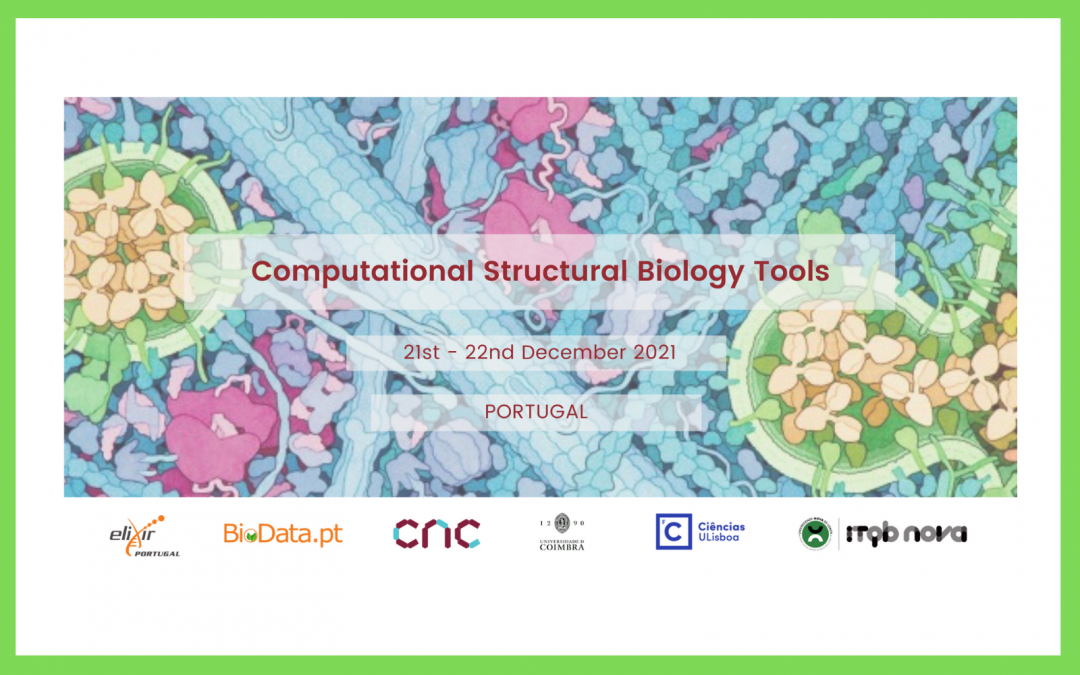COMPUTATIONAL STRUCTURAL BIOLOGY TOOLS
A showcase of a robust pipeline of in silico protein-ligand characterization methods to address one of today’s biggest biological problems
ABOUT THIS EVENT
SARS-COV-2 triggered a worldwide pandemic disease, COVID-19, for which an effective treatment has not yet been settled. Among the most promising targets to fight this disease is SARS-CoV-2 main protease (Mpro), which has been extensively studied in the last few months. There is an urgency for developing effective computational protocols that can help us tackle these key viral proteins. Hence, we have put together a robust and thorough pipeline of in silico protein-ligand characterization methods to address one of the biggest biological problems currently plaguing our world. These methodologies were showcased to characterize the interaction of SARS-CoV-2 Mpro with an α-ketoamide inhibitor and include details on:
Protocol 1 – How to upload, visualize and manage the three-dimensional structure of the complex and acquire high-quality figures for scientific publications using PyMOL;
Protocol 2 – Perform homology modeling with MODELLER;
Protocol 3 – Perform protein-ligand docking calculations using HADDOCK;
Protocol 4 – Run a virtual screening protocol of a small compound database of SARS-COV-2 candidate inhibitors with AutoDock 4 and AutoDock Vina;
Protocol 5 – Atomistic conformational sampling (MD simulations using GROMACS) and free energy calculations (MM-PBSA) of the interaction between SARS-CoV-2 Mpro and a α-ketoamide inhibitor;
Protocol 6 – Coarse-grain modeling of the interaction between SARS-CoV-2 Mpro and a α-ketoamide inhibitor, using the Martini 3 force field.
Guidelines for careful data analysis and interpretation are also provided for each Protocol.
REGISTRATION
– Free with access to all talks and networking.
– Maximum number of participants: 25.
– Registration will be on a first come, first serve basis.
The conference will be provided in person.
More information https://biodata.pt/node/346
